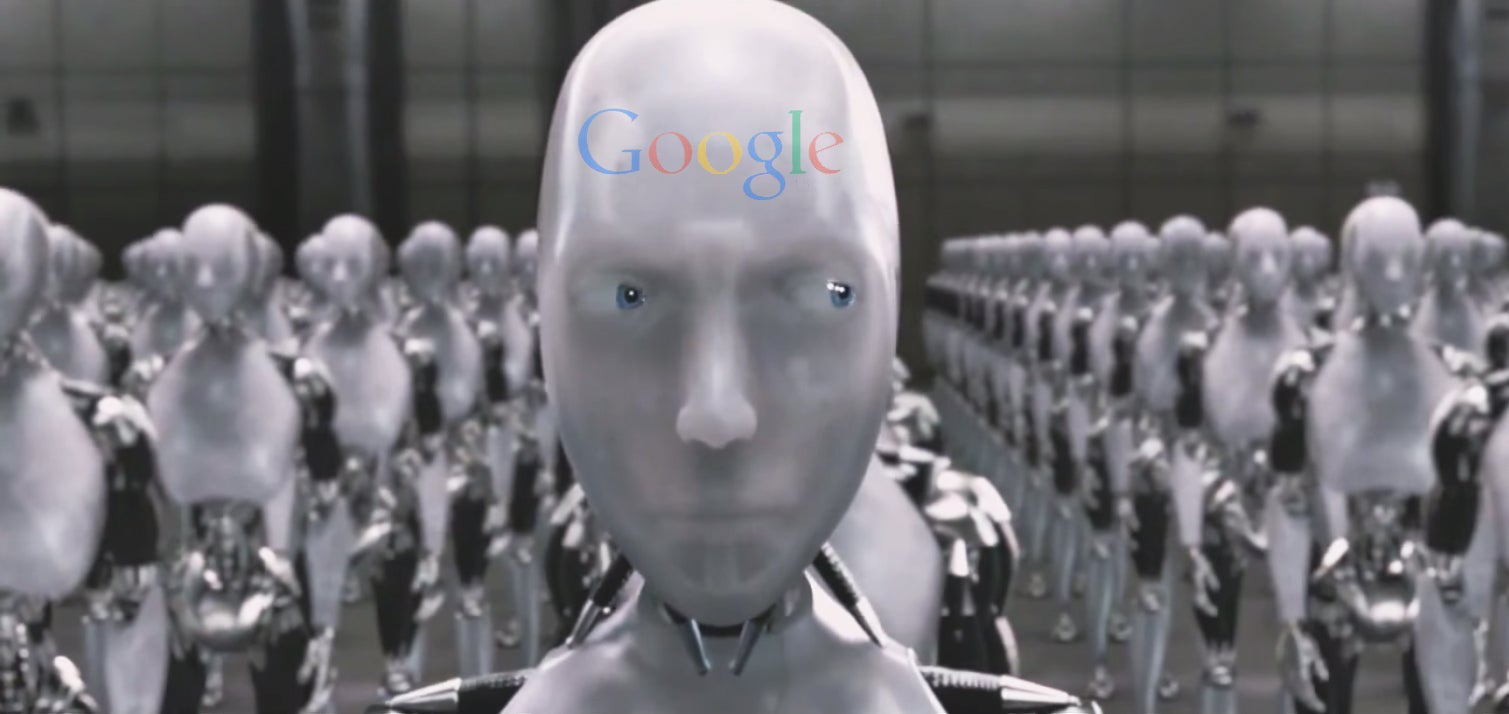Google patents robots with personalities in first step towards the singularity
AI to be imbued with 'fear and derision'

Google has been awarded a patent for the 'methods and systems for robot personality development', a glimpse at a future where robots react based on data they mine from us and hopefully don't unite and march on city hall.
The company outlines a process by which personalities could be downloaded from the cloud to "provide states or moods representing transitory conditions of happiness, fear, surprise, perplexion, thoughtfulness, derision and so forth. "
Its futuristic vision seems to be not of a personalised robot for each human but a set of personality traits that can be transferred between different robots.
"The personality and state may be shared with other robots so as to clone this robot within another device or devices," it said in the patent.
"In this manner, a user may travel to another city, and download within a robot in that city (another "skin") the personality and state matching the user's "home location" robot. The robot personality thereby becomes transportable or transferable."

It doesn't sound dissimilar from the opening of a Will Smith sci-fi movie, with one robot's evil data genes spreading via the cloud to all its other robot brethren.
While this sounds far-fetched, the technological singularity – the point at which artificial intelligence exceeds man's intellectual capacity and produces a runaway effect – is something that Stephen Hawking, Bill Gates and Elon Musk have all expressed concern over.
Google is probably just safeguarding for the future, however, and is unlikely to release any products that require the patent to be employed anytime soon. We've still yet to create a robot that can convincingly walk up stairs, so an apocalyptic army is probably a long way off.
Join our commenting forum
Join thought-provoking conversations, follow other Independent readers and see their replies
0Comments